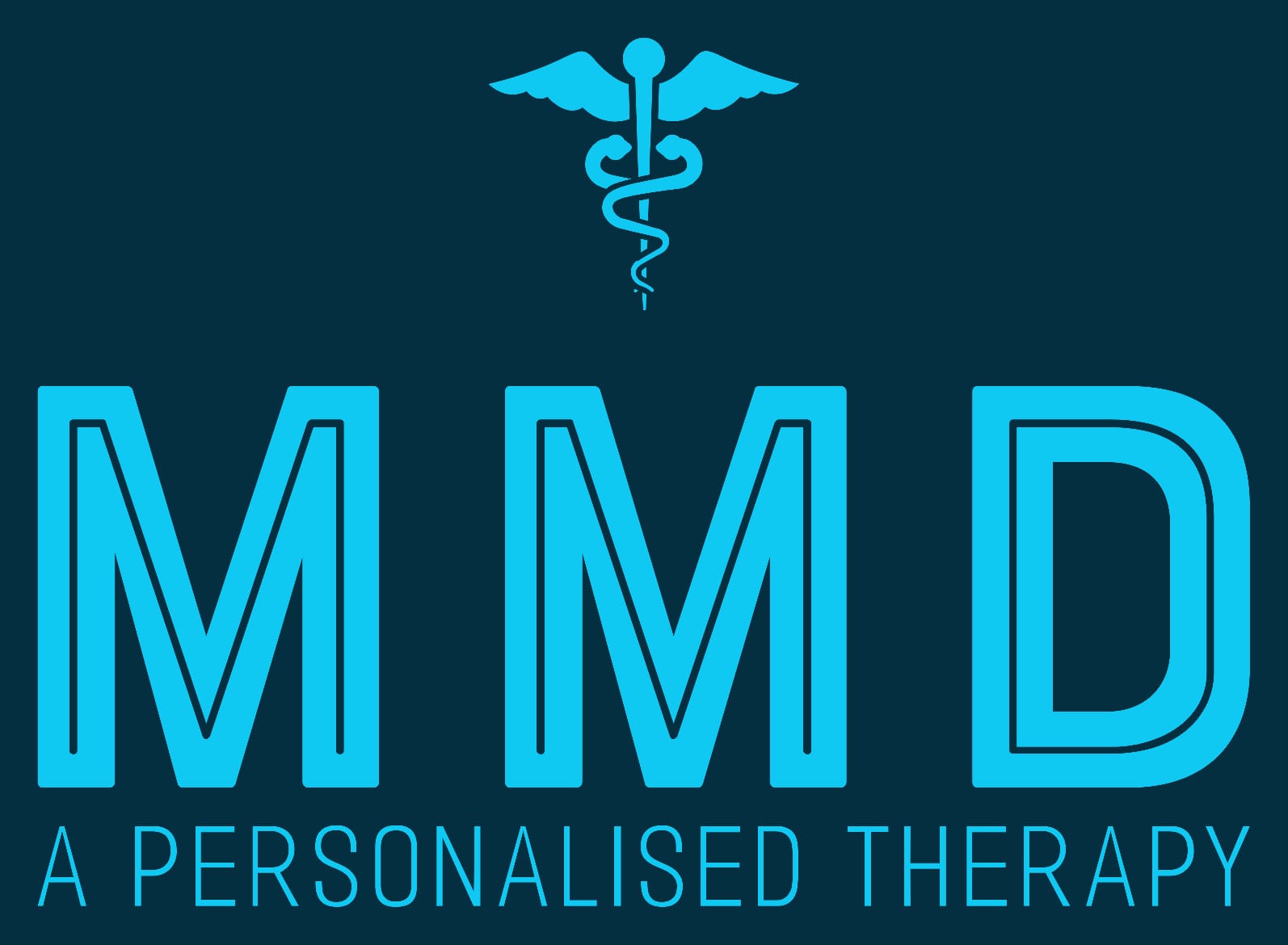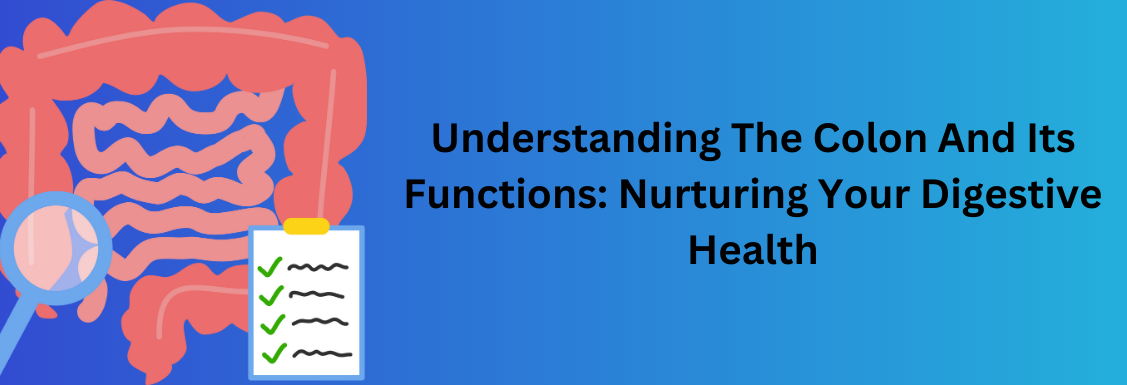Have you ever wondered how your digestive system functions from the inside? The colon, or big intestine, is a vital organ located deep within your abdomen. The digestion, absorption, and disposal of nutrients, as well as the removal of waste, all depend on the colon. The interesting world of the colon will be examined in this article, along with its anatomy, functions, typical problems, and how colonic hydrotherapy can promote good health. So let’s go out on a journey to learn about the colon and support each other’s digestive health!
The Colon And Its Function In The Digestive System: An Introduction
At the very end of the digestive system is the colon, an extended musculoskeletal tube. It is in charge of digesting and removing waste from the body. The colon, a vital component of the digestive system, works in tandem with the small intestine, liver, and gallbladder to ensure that digestion proceeds without difficulty.
The Colon’s Structure And Anatomy
There are various portions of the colon, and each one has a specific purpose. Some of these portions include the sigmoid colon, descending colon, transverse colon, ascending colon, and rectum. The muscle layers that make up the colon contract and relax to move waste throughout its length.
Absorption, water balance, and waste elimination are three of the colon’s functions.
The colon performs a number of vital tasks that support overall digestive health. First of all, it helps the body absorb water and electrolytes from food that has been digested. Water is reabsorbed when material moves through the colon, aiding in the body’s optimal hydration levels.
Vitamins produced by healthy gut flora and electrolytes like salt and potassium are additional nutrients that the colon can absorb. For the body to function at its best, this absorption mechanism makes sure that vital nutrients are effectively absorbed into the bloodstream.
The removal of waste materials is one of the colony’s main jobs. The remaining indigestible substances, such as fiber and dead cells, reach the colon after the small intestine has drawn out the necessary nutrients from meals. After that, the colon gathers and stores this waste, creating stool. The colon’s peristalsis muscles propel the stool toward the rectum for final evacuation.
Colon-Related Common Problems And Ailments
Numerous problems and illnesses that can harm digestive health can impact the colon. Constipation is one of many frequent health issues when stools become difficult to pass as a result of low fiber intake, a lack of hydration, or a sedentary lifestyle. On the other side, loose, watery stools might arise from diarrhea when the colon is unable to reabsorb enough water.
Irritable bowel syndrome (IBS), inflammatory bowel disease (IBD), and colorectal cancer are other disorders connected to the colon. IBS is a persistent condition that causes bloating, stomach pain, and changes in bowel patterns. IBD includes disorders that cause colon inflammation, such as Crohn’s disease and ulcerative colitis. A malignant development that can appear in the colon or rectum is colorectal cancer.
The Benefits Of Colonic Hydrotherapy For Colon Health
The goal of colonic hydrotherapy, commonly referred to as colonic irrigation or colon cleansing, is to clean and purify the colon. It softens and removes accumulated waste and toxins by gently introducing warm, filtered water into the colon. Colonic hydrotherapy encourages a cleaner and healthier environment within the colon by clearing away waste material.
This treatment can help to maintain healthy digestive regularity, relieve constipation, and lessen bloating. It is thought to enhance digestive health in general by improving waste product elimination and encouraging a healthy environment within the colon.
Conclusion and Important Learnings
Conclusion
The colon is necessary for the digestive system because it is responsible for taking in nutrients, regulating water levels, and getting rid of waste. Constipation, diarrhea, irritable bowel syndrome, inflammatory bowel disease, and colorectal cancer are a few conditions that can destroy the colon’s normal function, making it crucial to be aware of these problems and get medical help when necessary.
A therapeutic method to clean and purify the colon is colonic hydrotherapy. This process helps eliminate built-up waste and toxins by gently injecting warm, filtered water into the colon, resulting in a cleaner and healthier environment there. It might help with better digestive regularity, constipation alleviation, and less bloating. To verify that colonic hydrotherapy is safe and appropriate for your needs, you must first speak with a skilled healthcare expert.
To maintain a healthy colon, it is essential to follow a balanced diet, stay hydrated, exercise regularly, and manage stress. Understanding the role of the colon and treatments like colonic hydrotherapy can help keep the digestive system healthy. Seeking advice from healthcare professionals and developing a personalized plan that includes healthy habits and necessary treatments is recommended. By maintaining a healthy colon, overall health can be improved, leading to a more active and balanced lifestyle.



No responses yet